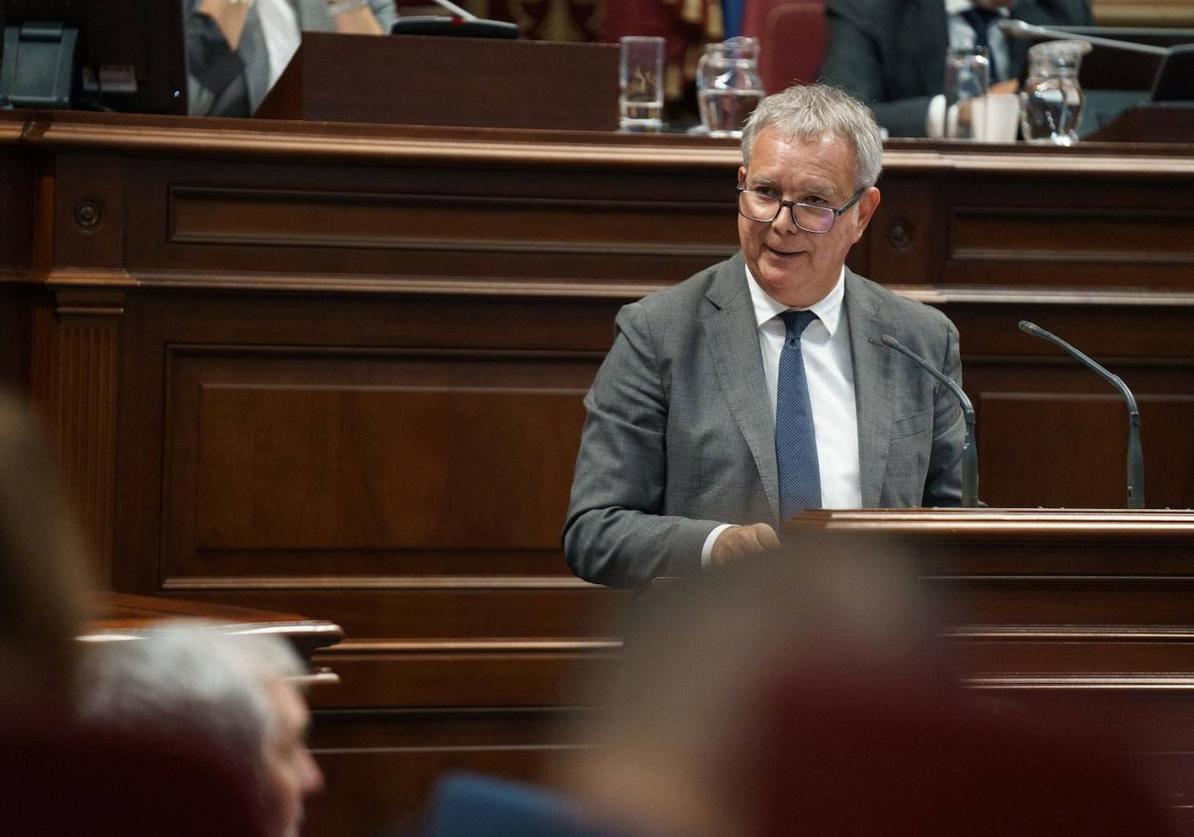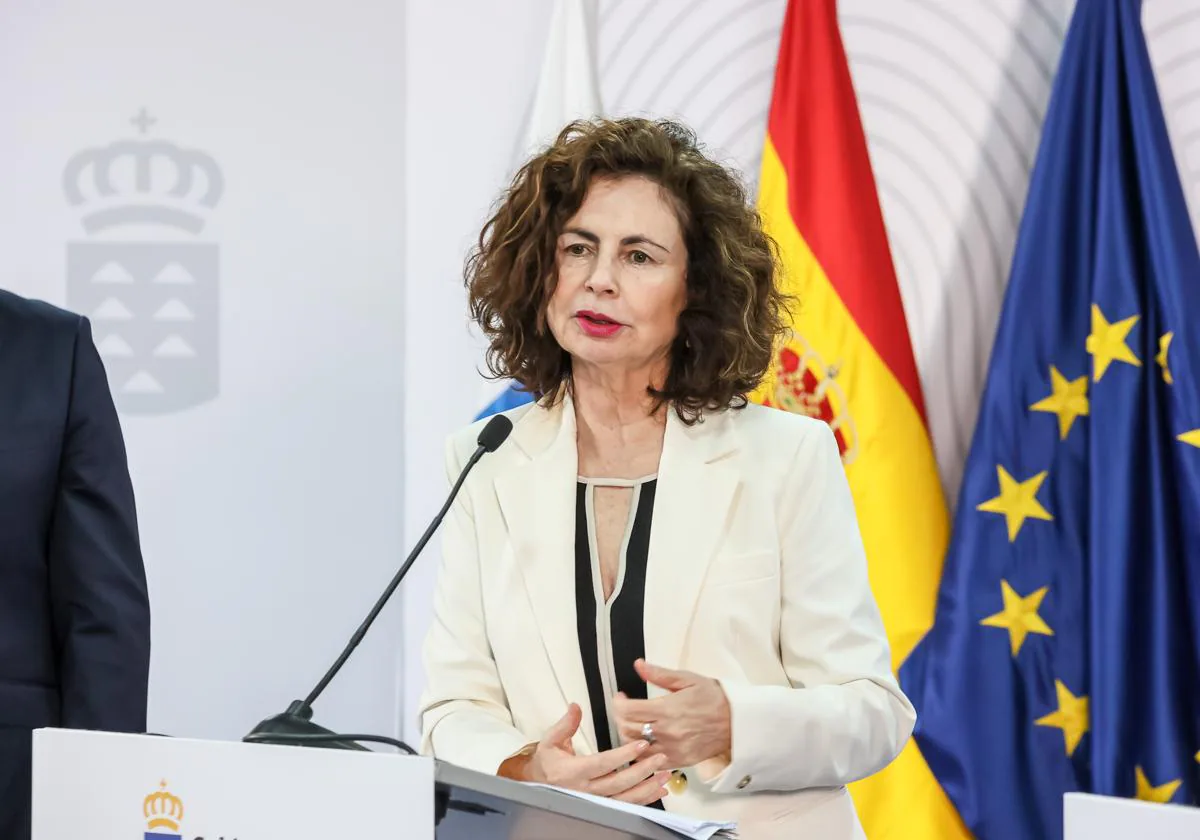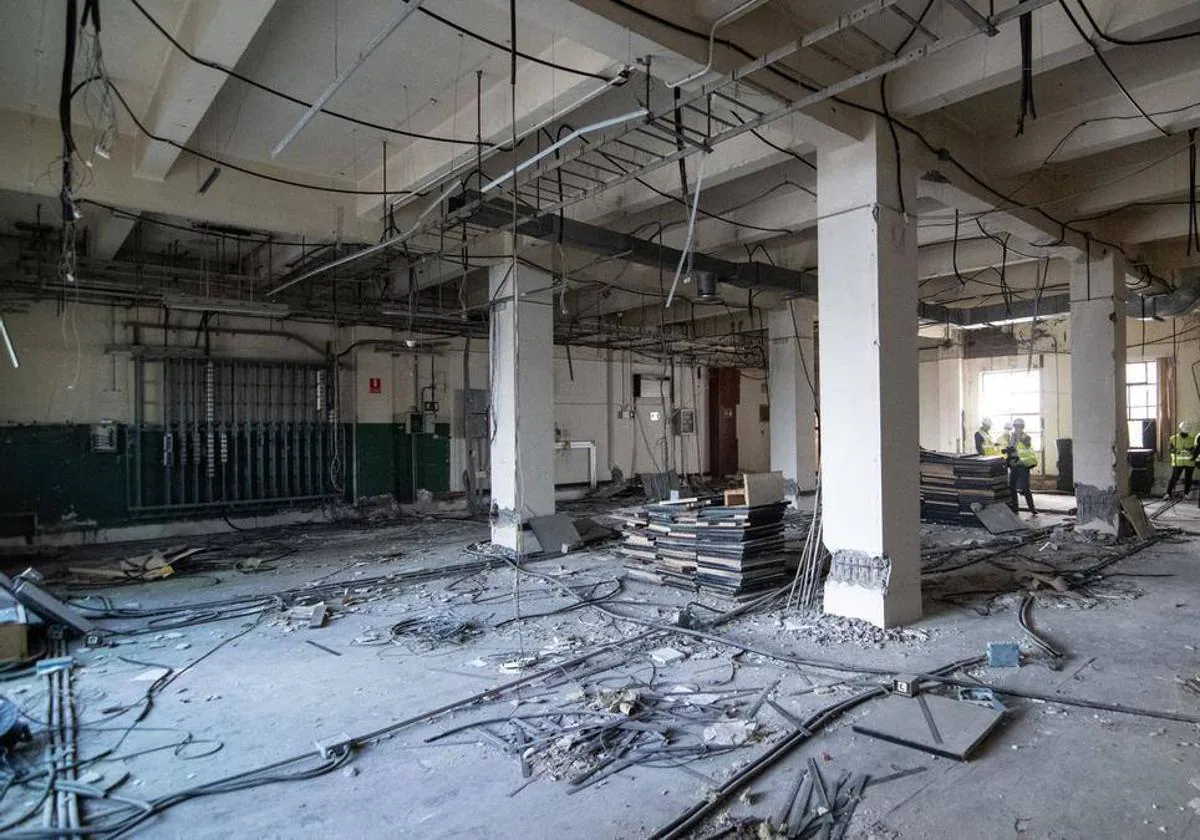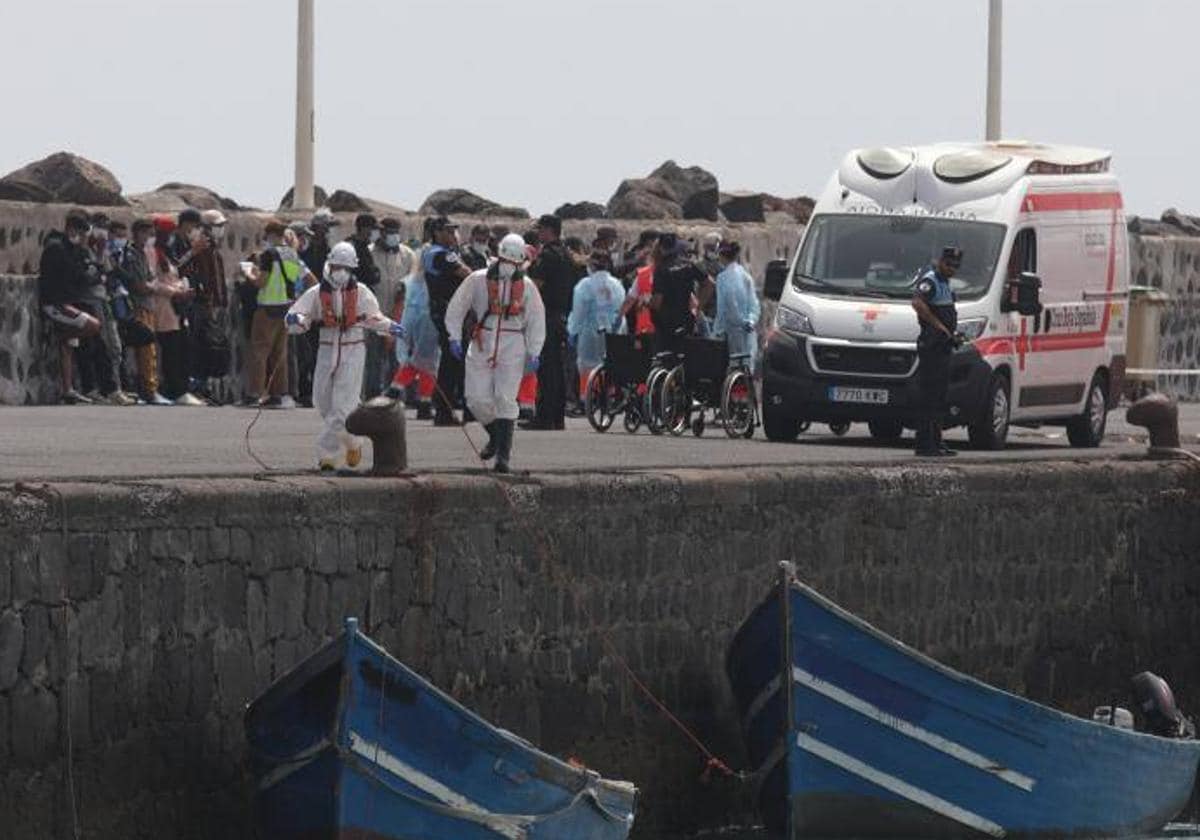Cuba completes the restructuring of powers with the appointment of governors
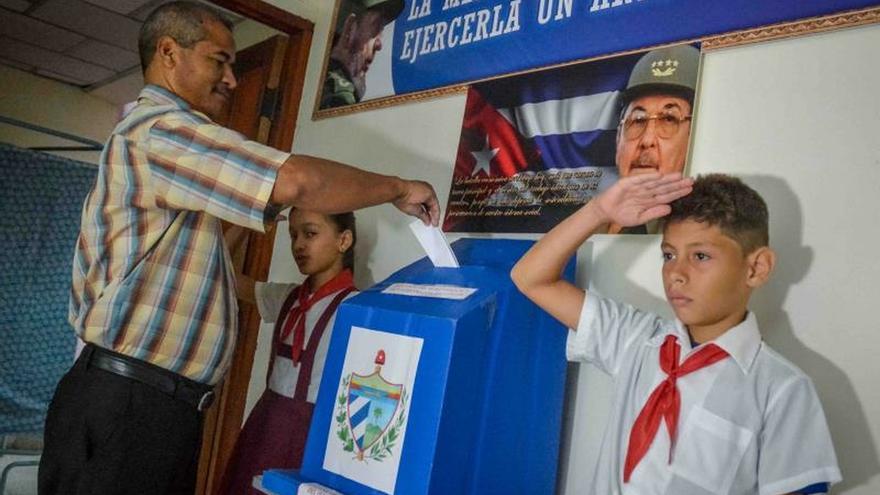
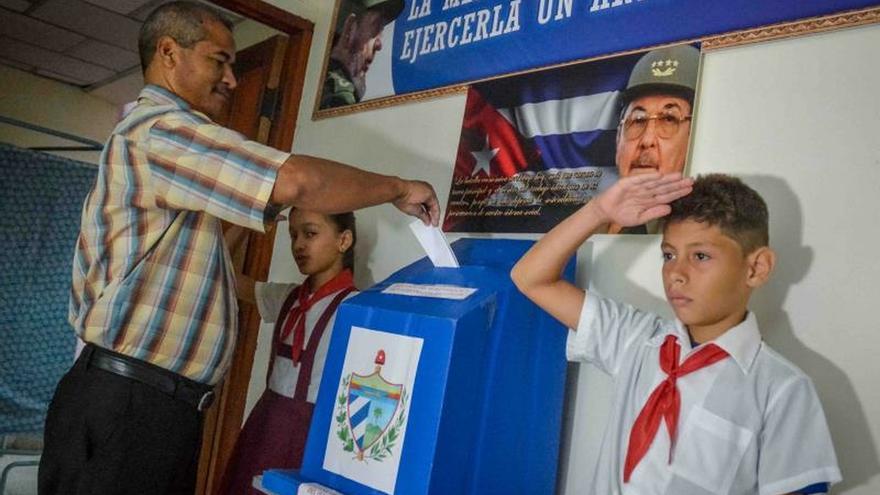
The appointment this Saturday of provincial governors in Cuba, charges restored for the first time in more than 60 years of Revolution, concludes the restructuring of powers established by the new Magna Carta of the island, which also recovered the figure of the prime minister.
More than 12,200 delegates to the 167 Municipal Assemblies of the Popular Power (councilors) of the country met today to vote for the candidates proposed by the Cuban president, Miguel Díaz-Canel.
The president proposed only one aspiring governor and another vice-governor in the fifteen Cuban provinces.
In most cases, the candidates were the outgoing leaders of the Provincial Assemblies, which disappear to give way to a newly created Provincial Council, with broader powers than their predecessors.
This new body will be chaired by the governor and integrated by the vice governor, the presidents and vice-presidents of the Municipal Assemblies and the mayors in each region.
POLICY VOTING
The Cuban councilors had 72 hours, as stipulated in the new Electoral Law, to study the candidacies, which were not made public until the official press began to report today the preliminary results of the vote, the first of its kind since 1959.
Throughout the country the elections began at 9.00 local time (14.00 GMT) and were held "in a calm and orderly manner and with the transparency that characterizes such processes," according to reports from the state-run Cuban News Agency.
The accredited foreign press on the island did not have access to the meetings, which according to the authorities had 99.04% attendance.
99.67% (12,203) of the votes cast were valid - 39 ballots were blank and two were voided - and "all the proposals made by the president were elected," said the head of the National Electoral Council (CEN), Alina Balseiro, at the close of the scrutiny.
The term "elections" used by the Cuban Government in this process has been criticized, especially in social networks, where Internet users have questioned the validity of a vote where there is no direct participation of the people, only one candidate is proposed in each case and The proposals are not known in advance.
GREATER REGIONAL AUTONOMY
The appointment of governors and vice governors closes the stage of the establishment of new figures recovered by the new Constitution, in force since last April, replacing the Magna Carta of 1976.
According to the Constitution, the governor is the highest executive-administrative authority in his province. Among the requirements for the position is to be a Cuban citizen by birth and not have another citizenship, be over 30 years old, reside in the territory and "be in full enjoyment of civil and political rights."
The new position "can make decisions in the economic and administrative order, in the application of the plan of the economy, ensure compliance and require the administration, both provincial and municipal, adequate compliance with regulations," he explained on television The president of the Committee on Constitutional and Legal Affairs of the Cuban Parliament, José Luis Toledo Santander.
Among the most important changes are the expansion of decision-making powers and the power to suspend agreements of the Municipal Administration Councils and the laws, decree-laws, presidential decrees, decrees of other State bodies.
It may also revoke or modify provisions of the administrative authorities subordinated to its authority.
However, in practice, these nomenclature changes do not mean major developments in the political system of the island, governed by the almighty Communist Party of Cuba (only legal), which maintains a secretary in each province with an authority greater than that of the governor.
END OF A STAGE
The new governors and vice governors will take office on February 8, when the Provincial Councils are officially established and the functions of the Provincial Assemblies of the Popular Power cease.
This is the last step of a restructuring established in the new Constitution, which also strengthens the generational relief advocated by former President Raúl Castro.
The new text brought back the positions of president and vice president of the Republic - before president and vice president of the Councils of State and Ministers -, along with those of the prime minister, governors and vice governors.
It also reduced the State Council from 31 to 21 members, reorganization in which Ramiro Valdés (87 years old) and Guillermo García Frías (90 years old) were left out, the only historical commanders who remained in the powerful governing body of the Government.
Miguel Díaz-Canel, 59, was ratified as president in July, and last December he appointed his new right-hand man, the hitherto veteran Minister of Tourism, Manuel Marrero, appointed holder of that portfolio in 2004 by the late president. Fidel Castro.
Among the responsibilities of the Prime Minister is the representation of the Government of the Republic as well as attending and controlling the performance of the central state administration agencies, national entities and local administrations.
Yeny Garcia


